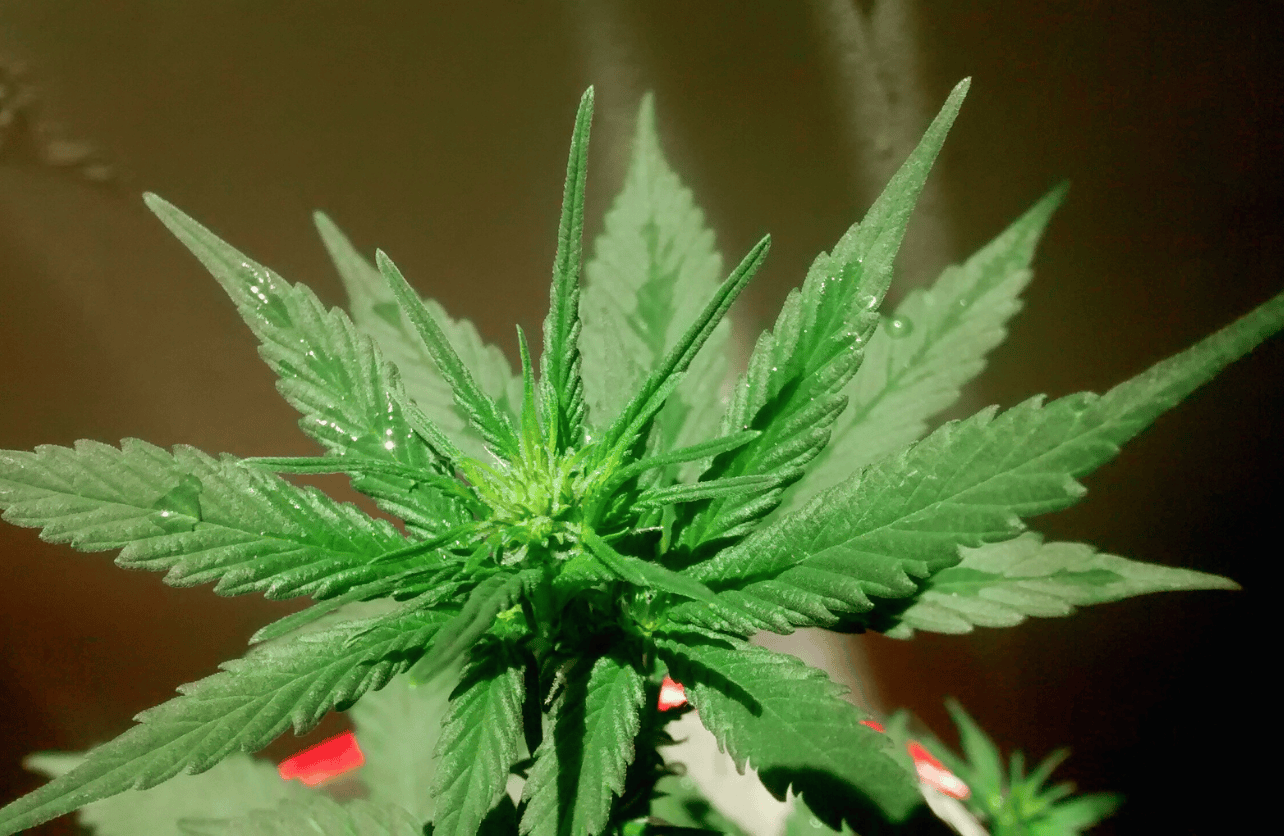THC vs. THCA: What’s the Real Difference and Why It Matters

When it comes to cannabis, most people are familiar with THC—the compound responsible for the plant’s famous “high.” But there’s another key cannabinoid quietly gaining attention: THCA. Although closely related, THC and THCA behave very differently in the body. Understanding the distinction between the two isn’t just useful for scientists or dispensary workers—it matters for anyone looking to use cannabis intentionally, whether for health, wellness, or recreation.
This article breaks down what sets THC and THCA apart, from their chemical makeup to how they interact with the body, and what each may offer in terms of benefits.
What Are THC and THCA?
THC stands for delta-9-tetrahydrocannabinol. It’s the well-known psychoactive component of cannabis that causes the euphoric, altered mental state people associate with getting high.
THCA, or tetrahydrocannabinolic acid, is the chemical precursor to THC. It’s found in raw cannabis and is not psychoactive in its natural form. In simple terms, THCA is what THC starts out as—until heat enters the picture.
When cannabis is heated through smoking, vaping, or baking, THCA undergoes a process called decarboxylation. This process removes a carboxyl group from the molecule, turning THCA into THC and activating its psychoactive effects.
Chemical Differences and Decarboxylation
On a molecular level, THCA and THC are nearly identical except for one important detail: THCA contains an additional carboxylic acid group. That group prevents THCA from fitting into cannabinoid receptors in the brain, especially the CB1 receptor, which is largely responsible for the psychoactive effects of cannabis.
Decarboxylation is what changes that. When cannabis is heated, THCA loses that extra acid group and becomes THC. This chemical transformation is why raw cannabis won’t get you high unless it’s been exposed to heat.
Psychoactivity: What Gets You High—and What Doesn’t
THC binds directly to CB1 receptors in the brain, producing well-documented effects: euphoria, relaxation, altered perception, increased appetite, and in some cases, anxiety or paranoia.
THCA, however, does not bind well to CB1 receptors. As a result, consuming raw cannabis with high levels of THCA will not produce a high. For people seeking the therapeutic benefits of cannabis without the psychoactive effects, this is a key distinction.
Potential Therapeutic Benefits
THC is known for:
Pain relief
Appetite stimulation (especially for patients undergoing chemotherapy)
Anti-nausea effects
Sleep support
Muscle relaxation
THCA, while less studied, shows early promise for:
Anti-inflammatory effects
Neuroprotective benefits
Anti-emetic (anti-nausea) properties
Potential benefits for autoimmune conditions
Because THCA hasn’t been studied as extensively in human trials, much of the research is still preliminary. However, its non-psychoactive nature makes it an appealing option for people who want to avoid THC’s intoxicating effects but still hope to benefit from cannabis-based compounds.
Methods of Consumption
If you’re looking for psychoactive effects, you’ll need THC—which means using cannabis in a way that activates it through heat:
Smoking or vaping dried cannabis
Consuming edibles made with decarboxylated cannabis oil or flower
Using THC-infused tinctures or capsules
If you’re aiming to benefit from THCA without the high, raw or minimally processed products are key:
Raw cannabis juice or smoothies
Cold-pressed tinctures
Fresh cannabis leaves added to food
Capsules or topicals made specifically with THCA
Be aware that even dried flower marketed as high-THCA can convert to THC if you apply heat, so how you consume it matters just as much as what you buy.
Legal Status
Legally, the distinction between THC and THCA is sometimes blurred. Because THCA can be converted into THC through heating, some jurisdictions treat it as a controlled substance, while others allow products high in THCA to be sold more freely under the assumption that it’s non-psychoactive in its raw form.
This means the legality of THCA products can vary depending on your location. Always check local laws before purchasing or using cannabis-based products, especially if you’re trying to avoid legal complications.
Summing Up
While they share nearly the same chemical structure, THC and THCA differ profoundly in their effects on the body. THC offers the well-known psychoactive experience and is supported by a growing body of research in pain management and appetite stimulation. THCA, in contrast, is non-intoxicating and potentially beneficial in its own right—especially for inflammation, neuroprotection, and general wellness.
Understanding the difference helps you make smarter decisions, whether you’re a patient seeking relief without a high, or a recreational user curious about the science behind your experience. Either way, knowing how cannabis works before you consume it is always a good idea.
Building a Stronger You
Supplement Institute is the fruit of extensive online publishing experience, spanning the breadth of SEO strategies to the nuances of paid advertisements. Our journey, marked by significant achievements and learning moments, inspires our core mission: to empower our readers with an abundance of information. By sharing insights and key learnings, we aim to provide you with the knowledge needed to navigate the complex world of supplements, helping you make well-informed decisions for your health and well-being. Welcome to Supplement Institute, where information is your greatest supplement.